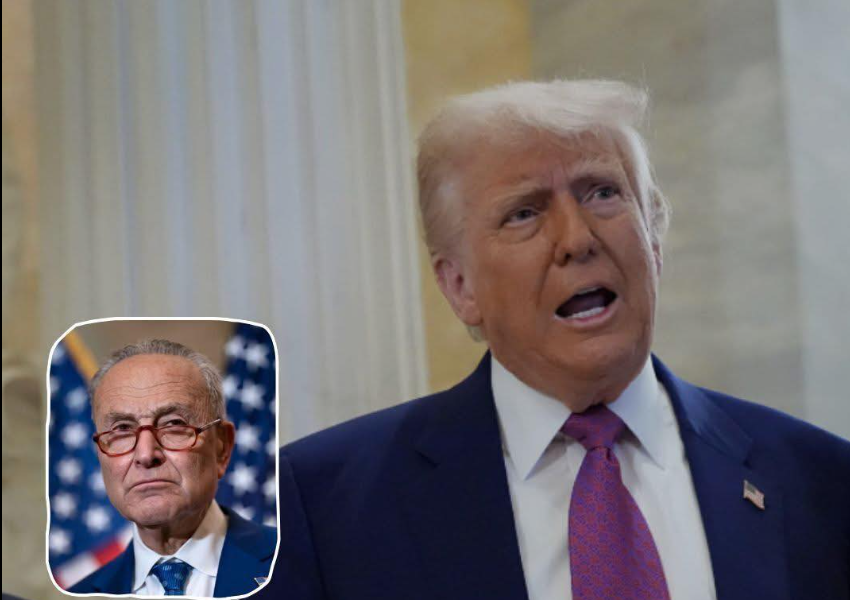What began as a narrow procedural dispute over whether Rep. Plaskett should face formal censure has now evolved into a sprawling political showdown—one that reaches far beyond a single vote or a handful of disputed messages. What was once framed as a simple rules debate has transformed into a fierce contest over truth, credibility, intent, and the boundaries of political manipulation in an era where every communication can be dredged up, reinterpreted, and weaponized.
Republicans argue that the timing, tone, and secrecy surrounding the communications in question raise legitimate red flags. To them, these messages are not just questionable but emblematic of a disturbing and recurring pattern—one that, they claim, erodes public trust in congressional oversight. They maintain that if Congress is to function as a guardian of accountability, then even the smallest deviation from transparency must be confronted with firm, public consequences. Their calls for censure have been amplified by accusations that such interactions reveal deeper entanglements with compromised figures, and that ignoring them threatens the integrity of the institution itself.
Democrats, meanwhile, see the situation through a very different lens. They argue that the so-called evidence is flimsy at best and strategically exaggerated at worst. In their view, the uproar is less about ethics and more about political theater—an orchestrated attempt to turn any tenuous, indirect, or ambiguous interaction involving Epstein or his associates into a partisan weapon. They warn that this trend does nothing to reveal truth or deliver justice. Instead, it encourages a culture where insinuation outranks investigation, and where allegations are repackaged as facts to score points rather than illuminate wrongdoing.
As the dispute deepens, the issue has grown to encompass far more than Plaskett herself. Her conduct, Jamie Raskin’s strategic and moral judgment, and Donald Trump’s loud, persistent demands for full transparency have merged into a larger national reckoning. The controversy now sits at the crossroads of political loyalty, ethical standards, and public perception. It forces Congress to grapple with a broader, uncomfortable question: what should lawmakers do when their colleagues’ past interactions—no matter how minor, innocent, or outdated—suddenly collide with explosive public scandals?
This episode has exposed the fragile nature of reputations in an age when old messages, forgotten contacts, and archived digital traces can reemerge without warning. It demonstrates how quickly a single “constituent interaction,” once considered routine, can spiral into a major test of a politician’s integrity. The debate has laid bare the precariousness of governing in a political climate obsessed with digging up ghosts from the past, and it highlights the courage required to navigate a scandal-charged environment where every action is magnified and every misstep can become national spectacle.
Ultimately, what started as a procedural matter has swollen into a defining moment—one that challenges Congress to decide whether it will confront these controversies with fairness and principle, or continue allowing partisan warfare to dictate which actions are condemned, which are excused, and which truths the public is permitted to see.
